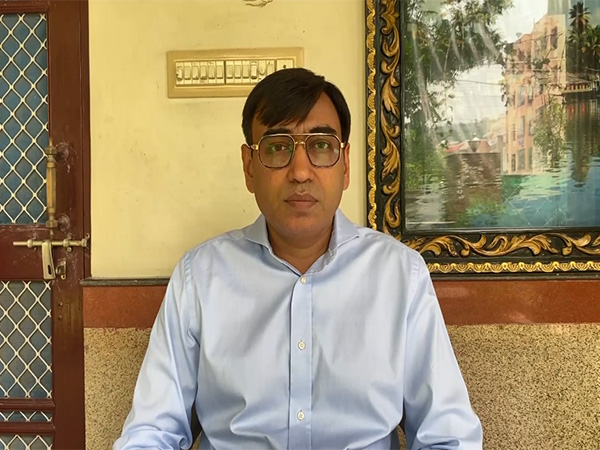Decoding Pakistan's Complex Ethnic Struggles
Abhinav Pandya highlights Pakistan's military crackdown on Pashtun protests as an extension of its policy to suppress ethnic identity for strategic gains. He accuses the military of harboring jihadist groups, condemns the treatment of minorities, and critiques international silence on Pakistan's authoritarianism and repression of ethnic groups.

- Country:
- Pakistan
In a recent interview with ANI, Abhinav Pandya, the Founder and CEO of the Usanas Foundation, denounced the Pakistan Army's latest crackdown on peaceful Pashtun protesters in Khyber Pakhtunkhwa (KPK) as "state terrorism." He argued that this represents a continuation of a decades-long strategy to suppress ethnic identity for strategic purposes.
Pandya asserted that the KPK region holds significant strategic value for Pakistan's military, serving as a hub for terrorist training facilities, drug smuggling routes, and intelligence networks. To maintain its dominance, the army forces Wahhabi-Salafi extremism on the area, erasing its secular tribal customs. He referenced past incidents, such as the 2019 Kharqamar massacre and the arrests of leaders like Ali Wazir, labeling them part of a deliberate campaign of severe repression.
Addressing the broader ethnic tensions in Pakistan, Pandya characterized the country as an "artificial construct" that fails to unify diverse ethnicities solely by religion. He accused the Pakistan Army of nurturing a "proxy empire" with jihadist groups like the Tehrik-e-Taliban Pakistan (TTP) and Lashkar-e-Taiba, allowing them to enforce Sharia law in return for regional control. Pandya criticized Pakistan's treatment of minorities, comparing Islamabad's actions in Kashmir to its internal policies and condemned international and Western silence on these issues.
(With inputs from agencies.)










